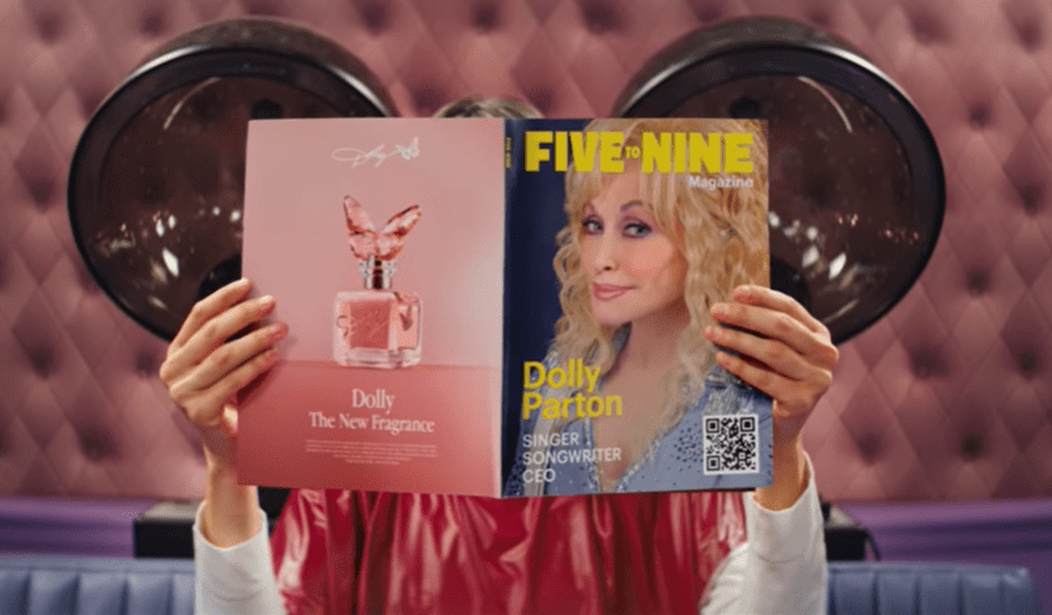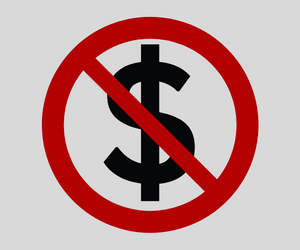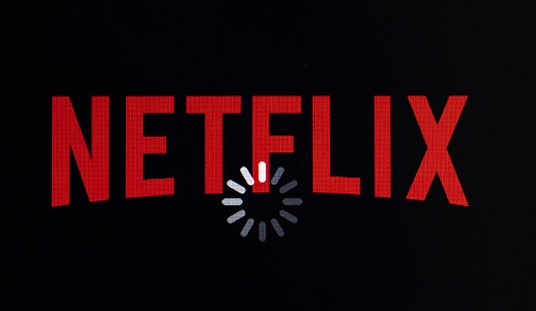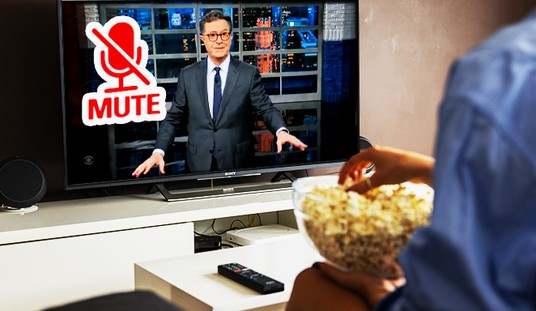At the age of 75 and after a legendary career, Dolly Parton added a “first” to her catalog on Sunday — she appeared in a Super Bowl ad. The ad, for website builder Squarespace, featured a remaking of Parton’s “9 to 5” to instead focus on the hours of 5 to 9 — side hustle hours.
Parton is no stranger to having many irons in the professional fire at one time, so her collaboration with Squarespace isn’t surprising. In the 1970s, when she was already a huge music superstar, she decided she also wanted to act. Her first movie, 9 to 5, was a massive hit, and The Best Little Whorehouse In Texas and Steel Magnolias also featured unforgettable performances from Parton. She also created the Dollywood theme park in the Smoky Mountains, which has created thousands of jobs in the historically poverty-stricken area. Even the Super Bowl ad tied into another business venture – the launch of her new perfume.
In the ad, Parton sings:
Working 5 to 9, you’ve got passion and the vision
‘Cause it’s hustling time, whole new way to make a living
Gonna change your life, do something that gives it meaning, with a website that is worthy of your dreamin’
5 to 9, you keep workin, workin, workin, workin 5 to 9, ‘til your dreams come true.
Since it’s 2021 and everything is even more stupid, the usual suspects are going off on Dolly. Actually, let’s rephrase that. They’re cautiously going off on Dolly, because they know she’s America’s Sweetheart.
What do the usual suspects have against Dolly’s commercial? Well, because she is encouraging people to work hard to achieve their dreams. She’s encouraging “overworking” and that’s not healthy! Apparently, instead of having ambition to change our lives and work until our dreams come true, we’re supposed to just be content with the 9 to 5 grind.
Shortly after the episode aired NBC News published a response essay slamming the commercial’s purported message:
One of the higher-profile ads is a “reimagining” of Dolly Parton’s “9 to 5” commissioned by website builder Squarespace. Sadly, this tone-deaf misstep from the beloved icon may be the biggest upset of the day.
Fans were initially excited to see what the reigning Queen of Country Music had cooked up, but it quickly became apparent that Parton had made a rare miscalculation.
Rather than paying homage to the spirit of the original song, which made no bones about the exploitative nature of the daily grind, the commercial…features a tinny ode to the side hustle.
Parton’s silvery voice is being used to promote the false virtues of working overtime, when so many gig economy workers are barely scraping by and the tech companies who employ — but misclassify — them are raking in boffo profits.
The piece’s author, Kim Kelly, is “a freelance journalist, organizer and author based in Philadelphia. Her work on labor, politics and working-class resistance can be found in Teen Vogue, The Baffler, The New Republic, The Washington Post and many others” (emphasis mine).
Ahhh, now the motivation becomes clear. As I’ve covered extensively, labor organizers don’t like the “gig economy” or people having side hustles because unions don’t get dues from app-based gig workers or from an individual’s side hustle. So, labor organizers pounce on any chance to equate the gig economy with exploitation and corporate greed.
The gig economy is a wretched alternative to a stable paycheck and proper benefits, and efforts to paint it as a matter of “independence” or “being one’s own boss” downplay how hard it is for so many gig workers to make ends meet.
Small problem. Parton’s ad never mentions a particular “hustle” method. She’s not making any political statement about benefits and stable paychecks. The woman is simply encouraging people to work for their dreams and telling them they can do it, which is not the message unions and progressive politicians want out there these days.
Kelly and her fellow unionistas felt betrayed by Parton since they’ve long viewed Parton’s 9 to 5 as a worker’s anthem “highlighting the kind of drudgery, disrespect and degradation that so many workers, especially women, face on the job.”
[T]he “9 to 5” theme song warned that working eight hours a day in a dead-end job was already no way to make a living.
[In the commercial] office workers are portrayed as being overjoyed to continue working after hours, their side hustles are painted as freeing, fun and fulfilling, and the song itself encourages them to “be your own boss, climb your own ladder.”
It’s a perfect storm of gig economy propaganda. And it’s a particularly disappointing message to hear from someone like Parton, who once warned us, “You’re just a step on the boss man’s ladder.”
Of course the office workers are happy to pursue their own dreams after-hours until they can escape from a dead-end job. Who wouldn’t be? If being my own boss and working at something that is fulfilling (because even working your dream job isn’t always freeing and fun) is gig economy propaganda, let’s hear more of it.
The full-length video contains more of that terrible, empowering propaganda:
Well, you got dreams and you know they matter
Be your own boss and climb your own ladder
That moment’s getting closer by the day
And you’re in the same boat with a lot of your friends
Launching ideas you all believe in
The tide’s gonna turn, and it’s all going to roll your way
Working 5 to 9, making something of your own now
And it feels so fine to build a business from your know-how
Gonna move ahead, and there’s nothing that you can’t do
When you listen to that little voice inside you
Working five to nine, you keep dreaming, dreaming, dreaming
Five to nine, five to nine, you can do it!
Union bosses definitely do not want people launching ideas they believe in and making something of their own, and they definitely do not want people working long, hard hours and succeeding, because that would harm their message that everyone should just work 9 to 5 and be paid exorbitant wages and benefits for that privilege. Seriously, if these people were around at the time of the Boston Tea Party they would have spent a year negotiating a collective bargaining agreement, bathroom and meal breaks, and some type of “workers compensation.”
Both Kelly and two female writers at the Washington Post described their take on the message of Dolly’s commercial as “disappointing,” “a rare misstep,” and a “betrayal.” Kelly wrote:
it’s so disappointing to read the lyrics to this new song and hear her literally sing the praises of “working, working, working.” It’s not “fun” or “empowering” to juggle multiple jobs; it’s an indictment of a system in which people aren’t paid fairly and workers are squeezed down to the last drop of energy.
WaPo’s Maura Judkis and Sonia Rao wrote:
But it’s the message of this commercial that falls flat: that people should be working their 9 to 5, and then working a second shift on their side hustles from 5 to 9. “Gonna change your life, do something that gives it meaning!” sings Dolly, in her updated lyrics. But for many people this year, side hustles aren’t the topiary-sculpting/cake-baking/furniture-building passion projects the commercial depicts. Those are the types of businesses that have been struggling during the coronavirus pandemic — and side hustles tend to be uncreative, app-based gig work that’s even bleaker than the day job this commercial depicts. Besides, that job probably has health insurance! Kind of important right now! Anyway, there’s also something craven about encouraging people to work harder and longer hours during a freakin’ pandemic. We’re all exhausted, Dolly!
This is a complete misunderstanding of what Dolly is saying, and imparts motives to her that aren’t necessarily her motives. This type of projection happens every day and it needs to be addressed. Parton didn’t say or even imply that people “should” be working a full-time job and then a side hustle.
And, there’s nothing craven about encouraging people to work harder and longer hours even during a pandemic. If anything, the last year has shown us that far too many Americans are happy not working, or not working very hard, but still want the paycheck and success of those who do grind and hustle. The commercial was aired during the Super Bowl, a contest in which those who hustled and worked hard even when they were in pain or tired or simply unmotivated enjoy the fruits of their labor.
Our country has led the world in innovation and productivity because of those who, like Dolly, have worked as many hours as they needed to, to get the job done. That will never sit well with labor organizers, and while Kelly was careful at the beginning of her piece to precede criticism of Dolly with a recitation of the many good things she’s done, she closed the piece with a slam:
[A]s much as we all love Parton, she’s still a capitalist and still a very, very rich woman; she has a vested interest in boosting her public profile, and Squarespace surely paid dearly for the privilege of borrowing some of her sparkle. Parton doesn’t need the money herself, but between funding her philanthropic efforts, supporting her family and local community and expanding her empire, I can see her welcoming an influx of filthy lucre.
Filthy lucre. Stay classy, labor.
















Join the conversation as a VIP Member